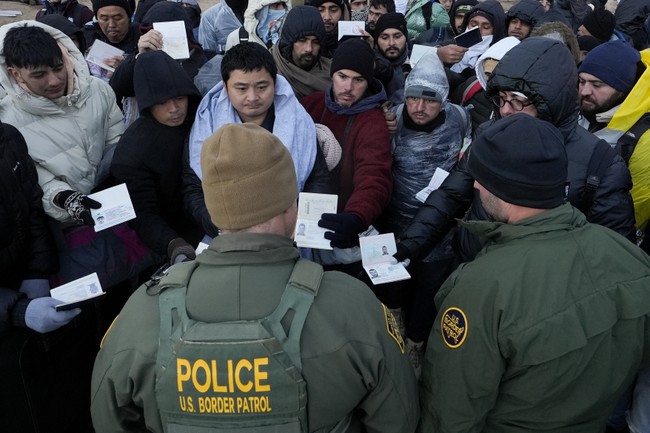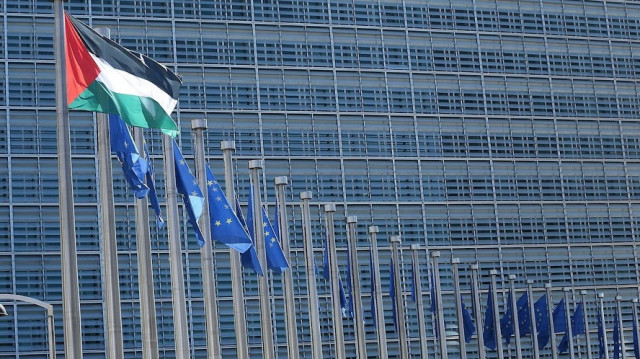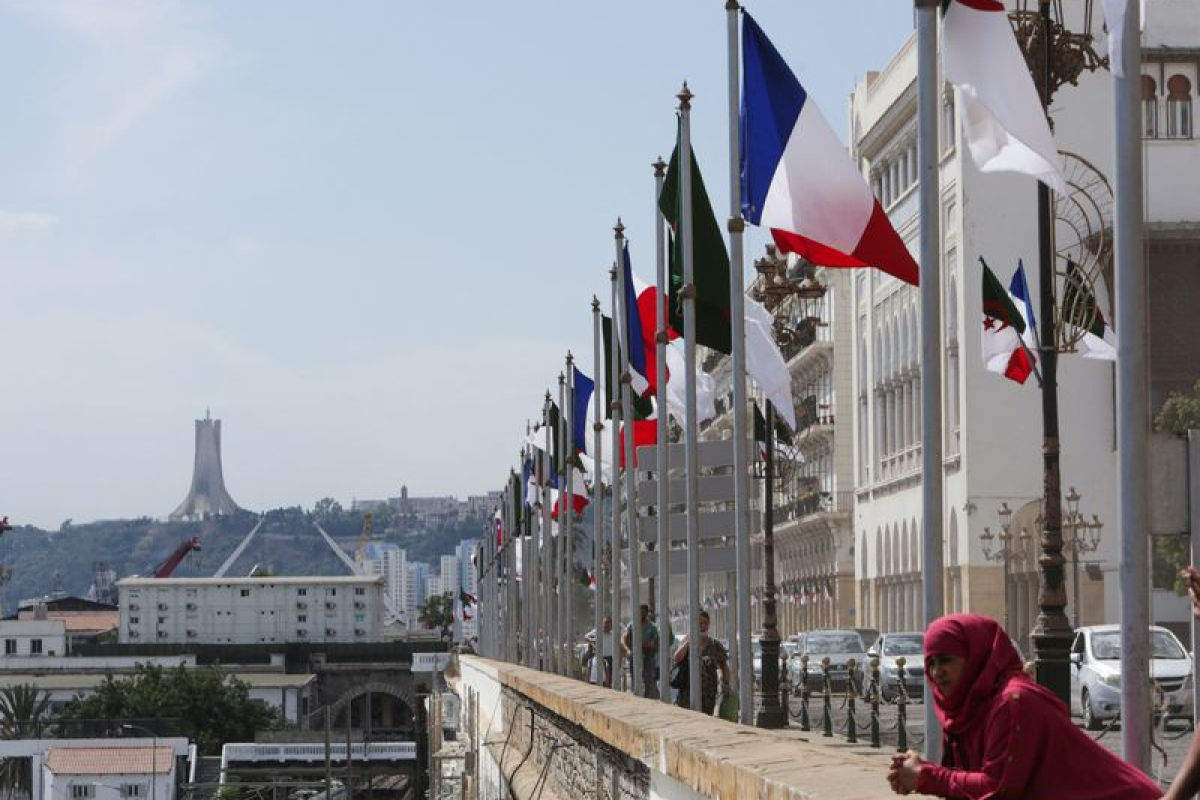Supreme Court's Unanimous Decision on Controversial Deportation
The U.S. Supreme Court's unanimous ruling on the controversial deportation case of Kilmar Armando Abrego Garcia has stirred debates among various political aisles.
Published April 12, 2025 - 00:04am

Image recovered from townhall.com
The recent U.S. Supreme Court decision concerning the deportation of Kilmar Armando Abrego Garcia has become a flashpoint for political debate. In an effort that appeared to be unanimous, the Court directed the U.S. administration to facilitate Abrego Garcia's return to the United States after his wrongful deportation to El Salvador. This case intricately intertwines issues of immigration, executive power, and judicial authority.
Abrego Garcia, initially deported by the Trump administration on March 15th due to what was termed an administrative error, was recognized by the Supreme Court as having been wrongfully expelled despite previously granted temporary protection status in 2019 by a federal judge. His deportation sparked a high-profile legal battle pushing the boundaries of both domestic immigration policy and international foreign relations.
As detailed in reports from Europe and Central America, Judge Paula Xinis originally mandated Abrego Garcia's return to the U.S., confronting the Trump administration over its jurisdictional claim that it couldn't reverse the deportation error. Xinis demanded information on the measures taken to ensure Abrego Garcia's return and a status report on his condition, which led to significant discord between the judiciary and executive branches.
From its political base, the Trump administration highlighted national security concerns. They claimed Abrego Garcia was affiliated with the notorious MS-13 gang, though no formal charges or convictions have verified these allegations. This narrative underscores the administration's stringent immigration policy and showcases its defense of such actions in the name of terrorism prevention.
The Supreme Court's decision reemphasized the boundaries of judicial influence against executive sovereignty, ruling that while Xinis's mandate was valid, it required clarity respecting the executive's role in conducting foreign affairs. This served to highlight the nuanced, often contentious interplay between America's branches of government.
Beyond procedural technicalities, Abrego Garcia's case exemplifies the humanitarian dimensions of U.S. immigration policy, which remains deeply polarizing. While deemed a security threat by some, others champion Abrego Garcia's return as a victory for justice and human rights. His legal advocates argue against insufficient evidence of gang association, drawing attention to the broader struggles of immigrants seeking asylum from violence in their origin countries.
International implications also ripple from this verdict. The decision involves a delicate balance of diplomatic dealings, demonstrated by the Trump administration's previous agreement with El Salvador, which allegedly involved monetary transactions to secure the detainment of deportees. Such maneuvers have not gone unnoticed in global forums, raising ethical queries about the U.S.'s immigration strategy and its foreign policy executions.
The case of Kilmar Armando Abrego Garcia not only questions administrative conduct but also tests America's institutional ethos. As the saga progresses, it serves as a potent symbol of the ongoing debate over immigration, executive latitude in foreign engagements, and the judicial checks embedded within American democracy.






